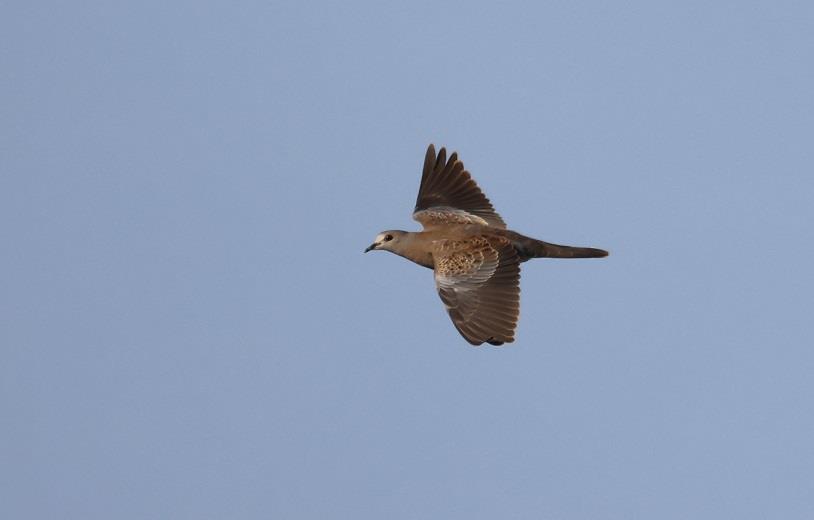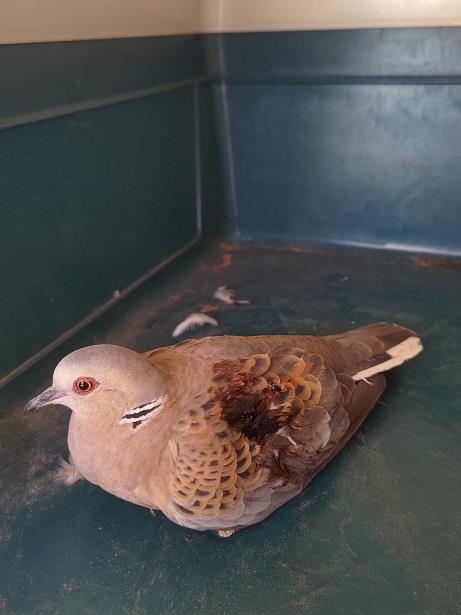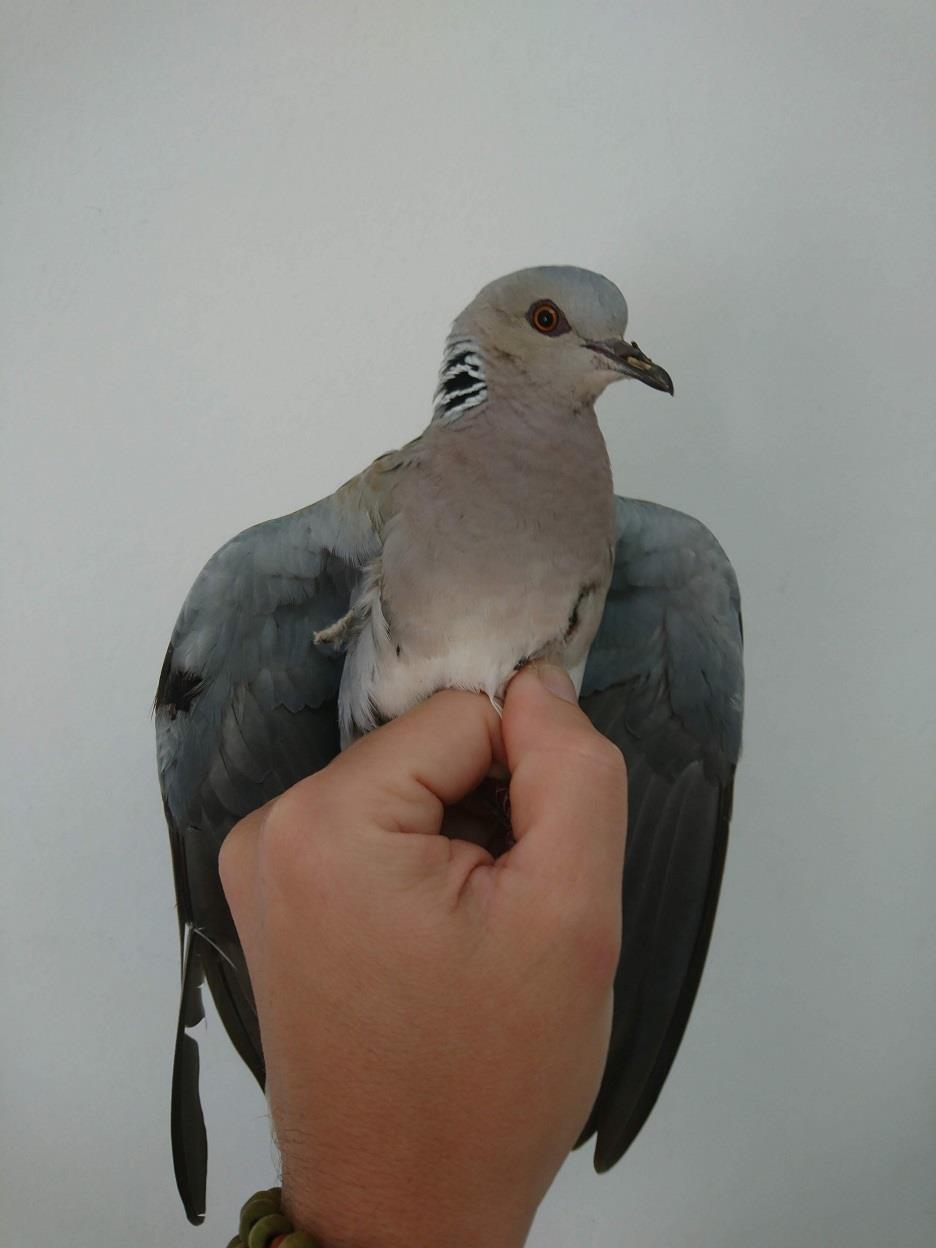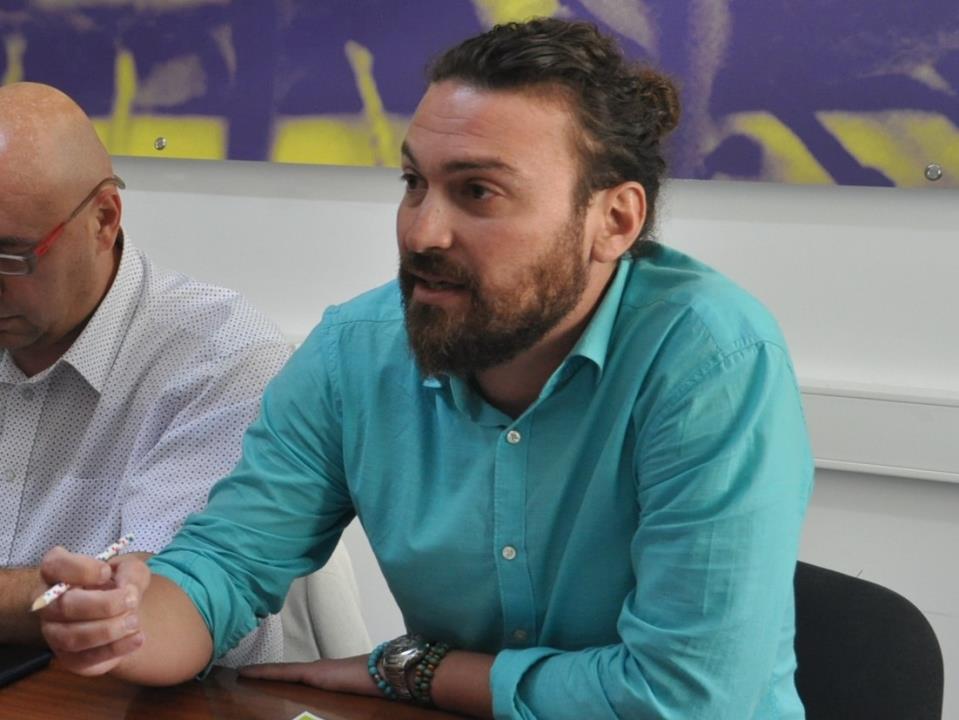
Photo: Aron Tanti
In Malta, the annual spring hunting season has become political theatre, where science is sidelined, conservation is diluted, and the word "tradition" is used to justify continuity and inaction. And in the middle of it all, the Turtle-dove continues its downward spiral towards extinction, with hunters, the Wild Birds Regulation Unit (WBRU), and the Environment and Resources Authority (ERA) dodging responsibility.
The European Turtle-dove was declared "Vulnerable" by the International Union for Conservation of Nature (IUCN) in 2015 - a status that demanded urgent, coordinated action. Malta responded with a spring hunting moratorium between 2017 and 2021. But as elections loomed in 2022, conservation gave way to electoral ploys. The moratorium was lifted - not because the species had recovered, but because votes needed harvesting. Since then, despite the European Commission recommending a full cessation of hunting across the EU, Malta has not only refused to comply but has actively regressed.
Over recent years, the norm has been a hunting season with the participation of close to 10,000 hunters who, in three weeks, declare not reaching the 1,500 quota permitted to them - a figure declared by roughly 5% of the 10,000 hunters who actually bother reporting what they hunt. We are expected to believe the rest are bystanders picking up snails or sipping coffee in their hides, admiring the morning sunrise. What we are getting in 2025 is more - and worse - of the same.
Firstly, the hunting season will see a strategic shift in dates. The three-week season, which since the first derogation in 2010 started on 10 April or earlier, has now been pushed to mid-April through early May - coinciding precisely with the peak of Turtle-dove migration through Malta. For years, the first week of May was the only period when a proportion of Turtle-doves migrated through in relative safety. That safeguard has now been erased.

Photo: BirdLife
To justify the change, hunters presented a 'new study', conveniently authored by someone from the Italian hunting federation - claiming that Quail migration is now occurring later in the season, based on hunters' own data collection. This flies in the face of years of consistent, independent data commissioned by Malta's own Wild Birds Regulation Unit, which proves the contrary. Still, the Ornis Committee voted in favour, and the season's timing was adjusted. No questions were raised - except by BirdLife Malta. After years of evolving different migration strategies, it seems both Common Quail and Turtle-dove have magically decided to synchronise their migration just in time for Malta's spring hunting season of 2025. The Environment and Resources Authority chose to sit on the fence by abstaining from the vote.
Secondly, hunters will this year be allowed to trap the same Turtle-doves under the guise of research - in what promises to be a déjà vu of the pseudo-finch-research saga that has landed Malta before the European Court of Justice for the second time. The difference is that, instead of theoretically releasing birds after being caught, this time they will be placed in state-funded aviaries for the purposes of captive breeding. These birds, we're told, will be bred and released into the wild. It sounds noble - until one recalls the fate of similar schemes, such as FKNK's long-running attempt to reintroduce Barn Owls, which has so far resulted in a few shot individuals and plenty of smiling photo ops with ministers.
We've all heard how, in this day and age, climate-change deniers have convinced countries to abandon climate action and return to coal mining - and this is no different. Hunters are the Maltese equivalent, and any conversation with one will reveal how they blame everything else in the world for the decline of the Turtle-dove - except their own actions in decimating the ones returning to Europe to breed. As long as hunting groups and policymakers continue denying the obvious - and by obvious, I mean the scientifically attested and proven - no amount of captive breeding, selective data, or token regulation will turn the tide.

Photo: BirLife
Meanwhile, on the western migratory flyway, other countries are placing their trust in science. The European Commission has empowered a team of scientists to model the Turtle-dove's recovery. And the results? Promising. The complete cessation of hunting across Western Europe has led to populations beginning to bounce back.
It doesn't take a scientist - or a hunter, for that matter - to understand that shooting birds out of the sky during their pre-breeding migration isn't compatible with conservation. The international conservation community, including organisations like BirdLife Malta, continues to work tirelessly to preserve what's left. But without acknowledgment from those pulling the trigger - and those in power enabling it - this effort will always be an uphill battle.
We live in a post-COVID world, where entire populations accepted restrictions for the common good. And yet in Malta, it seems that only hunters are exempt from change. They cling to a version of "tradition" that doesn't evolve, doesn't adapt, and most crucially - doesn't acknowledge its consequences. Until Malta's decision-makers place their faith in science rather than spin, the Turtle-dove's fate will remain a grim parable of how politics and populism can accelerate extinction.
We should be better than this.

Nicholas Barbara is Head of Conservation, BirdLife Malta